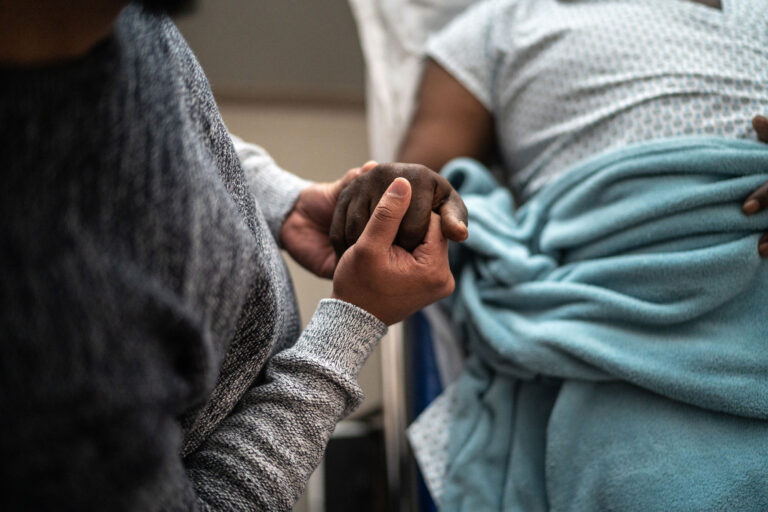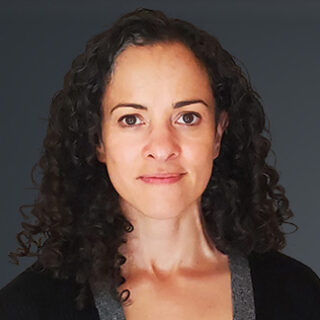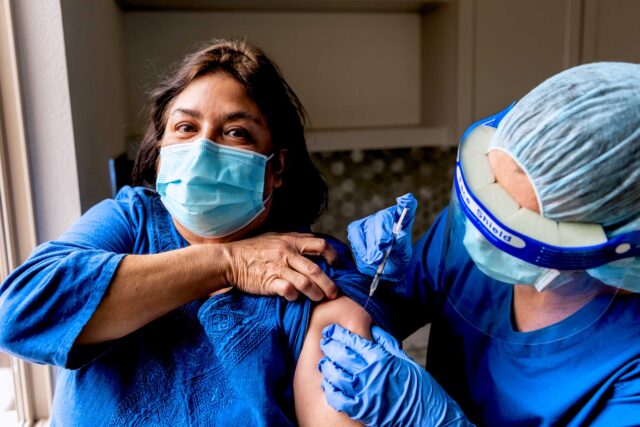With 300 to 400 people dying each day from COVID-19, the US remains in a federal state of emergency. Last week, Xavier Becerra, secretary of the US Department of Health and Human Services (HHS), and Dr. Mark Ghaly, secretary of the California Health and Human Services Agency, spoke with Mark Baldassare, PPIC’s president and CEO, on lessons learned from the pandemic and how the US and California are applying this knowledge to improve public health readiness and response.
For Becerra, a key lesson is to understand that “none of us are safe until all of us are safe.” Becerra offered a sober critique of the US health care system, where people are falling through the gaps. “As advanced and as sophisticated as it is, [our health care system] is only as good as the stitching that weaves it together—and COVID proved to us that we have a patchy public health system.”
But the pandemic brought new federal dollars into public health, funding that has led to insurance coverage for a record 300 million Americans. COVID also forced the country to confront issues of equity and access, as providers learned that they must reach out to communities to protect public health—for example, bringing vaccines to work sites when workers couldn’t get to vaccine sites.
To understand the pandemic’s toll on mental health, Becerra has been visiting communities around the country to speak with people who have lost loved ones to overdose, families whose children had talked about suicide, and households struggling with the high stress levels of the pandemic. “What we need to do is reduce, if not eliminate, the stigma attached to mental health,” Becerra said. The administration’s goal is to approach behavioral health with the same attitude given to physical health. The overall goal Becerra envisions for America is health care that is inclusive, where access is not based on a person’s zip code. The secretary also wants a shift in strategy: “Let’s talk about wellness, about preventing illness rather than remedying it or curing it.”
To continue to deliver responsive health care, California officials are discussing how to maintain key provisions from the state of emergency—such as flexibilities around staffing and space. Dr. Mark Ghaly highlighted the $300 million yearly investment that Governor Newsom directed to state and local health, an investment that allowed the state to innovate amid the pandemic.
“COVID moved similar to the weather; it didn’t obey county lines,” Ghaly said. These patterns of movement forced the state to adapt, to “start thinking more regionally about our assets, about our need to plan together and work together, and how our formal public health systems are divided from the health care delivery system, from the emergency response system.” Work throughout the pandemic on the local level has helped to connect the three systems.
Californians are now battling RSV and flu infections even as COVID cases rise and fall—today, staying healthy means staying up to date with vaccinations. Ghaly praised the rate of bivalent boosters in California and underscored the value of getting treatment when people do fall sick. “Californians are getting the message and see the real threat,” Ghaly said, “This isn’t the time to let down your guard.”
***
PPIC’s Speaker Series on California’s Future invites thought leaders and changemakers with diverse perspectives to participate critically, constructively, and collaboratively in public conversations. The purpose is to give Californians a better understanding of how our leaders are addressing the challenges facing our state.
PPIC is a nonpartisan, nonprofit organization. PPIC does not take or support positions on any ballot measure or on any local, state, or federal legislation, nor does it support, endorse, or oppose any political parties or candidates for public office. Any opinions expressed by event participants are theirs alone and do not necessarily reflect any position of the Public Policy Institute of California.




